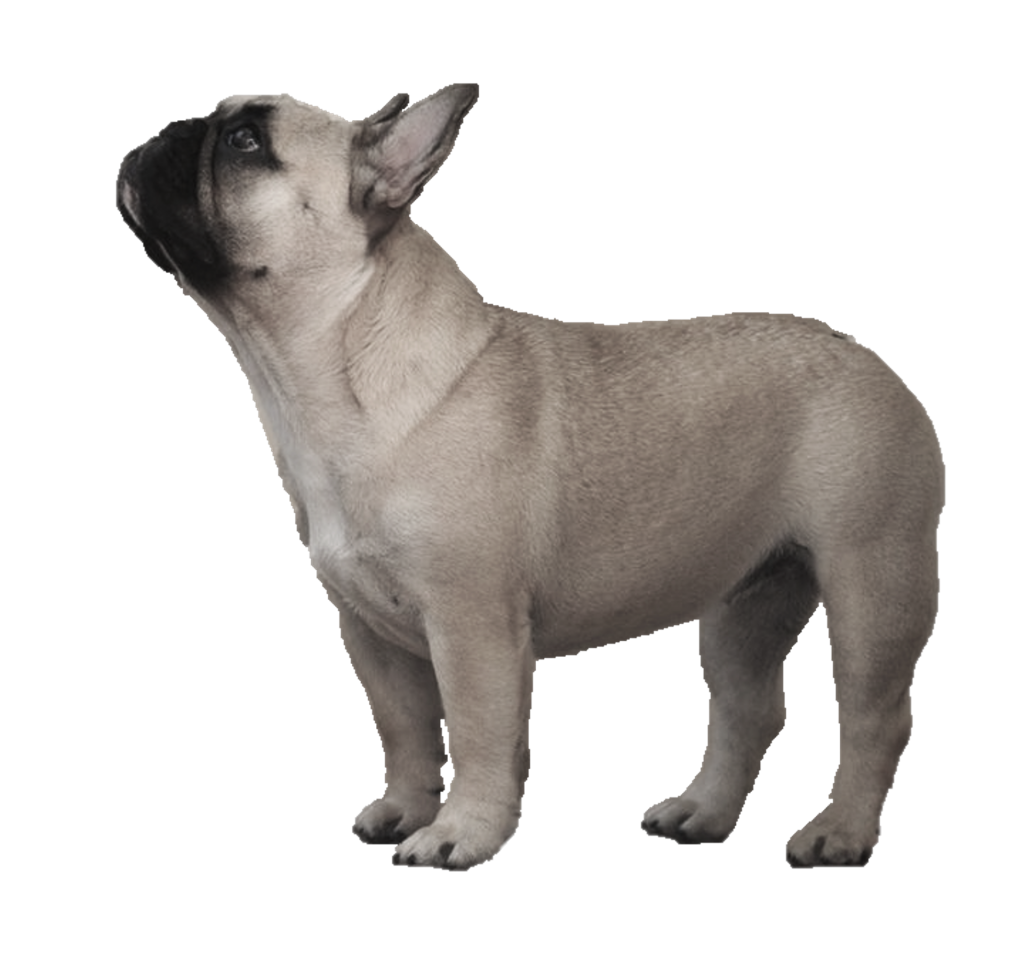We do have some concerns with breeders and the advice some give. We are looking for breeders to understand, and work with brachycephalic veterinarians so that we can stop the worsening anatomical concerns that are currently occurring, and look toward improving these breeds going forward. We seek the general public’s help by understanding the following concerns, and helping us implement an accreditation scheme going forward.
The following are our concerns:
- Most breeders claim there are very few problems with their dogs. We would disagree with this.
The point of difference is this: Many dogs do get through life OK (and many don’t but that is another discussion). Breeders accept this as normal and recommend no intervention due to that observation. From a veterinary perspective we see it very differently. Most of these dogs could enjoy life significantly more if it wasn’t for battling the airway problems they have. Hence we would like to see the vast majority not just get through life OK, but thrive significantly more than they otherwise may by being assessed at 8 months – for Frenchies Pugs and Bostons, and 10 months – for Aussie and British Bulldogs, and if appropriate, having any existing anatomical concerns corrected before non-retrievable changes occur.
- Breeders have an interest in suggesting their dogs have no problems in order to maximise sales and reputation, and minimise client complaints that they may need to spend further money to give the most comfortable life possible. Hence all breeder advice should be taken with caution if it contradicts the facts.
Breeders have become convinced that snoring is normal and of no concern. This is a self interest opinion to prevent complaints from their buyers. We completely disagree that snoring in young dogs is normal, as evidenced by that fact that over 90% of early intervention patients undergoing corrective surgery have significantly reduced to no snoring at all.
- Many breeders, and owners, also think that occasional morning regurgitation is normal. It is not.
- Many breeders think that struggling in hot weather is normal. It is not!
Many breeders only recommend intervening with airway correction for older dogs that are really struggling. This is terrible advice as it is often too late to help significantly at this stage. Preventing them from getting to this stage is far more preferable.
In every dog we see that has significant concerns, either at routine desexing, or referrals for older dogs that are worsening, their owners tell us they were told by their breeder that “their lines have no problems so they do not need to worry about airway assessment.” It is irrelevant what your breeder says. The only way to assess airway anatomical concerns is under general anaesthesia. If your breeder says otherwise they are incorrect. If the vet that your breeder recommended says otherwise, they are recommending a poor quality veterinarian that may have a relationship with the breeder. Hence our advice is as follows:
“Have your pup properly assessed at 8-10 months. The only way airway concerns can be properly assessed is via general anaesthesia and examination”.
So far our experiences with breeders have been concerning. We have spoken to and approached many breeders and have offered to work with them to provide discounted packages to assess and, if appropriate, correct airway concerns in their pups. Unfortunately each time we have mentioned this we have not heard from the breeders again, not even to accept an invitation to an educational discussion including brachycephalic specialists. We are concerned breeders seek and recommend veterinarians that will ‘toe the line’ with what they want advised, rather than what is best for a lifetime of breathing as easily as possible for the dog. Hence regardless of what veterinarian your breeder recommends, keep our above information in mind as to how to ensure you have a high quality brachycephalic veterinarian. Very simply – your vet should recommend assessment (and if appropriate), airway correction at 8-12 months (breed dependent). They should be skilled in both laryngeal saccules removal and palate thinning. If they advise that palates don’t need to be thinned, that means they do not have the skills to do so.
We would love to see breeders who are prepared to work with brachycephalic veterinarians, understanding the fact that most dogs would benefit from assessment at 8 months and intervention if appropriate. Ideally they could undergo an accreditation scheme for choosing the best anatomical candidates to continue breeding, whilst improving the life of all those dogs going forward that have anatomical concerns. Along with airway assessment, in an accreditation scheme we would also include the other anatomical concerns that affect these breeds including:


